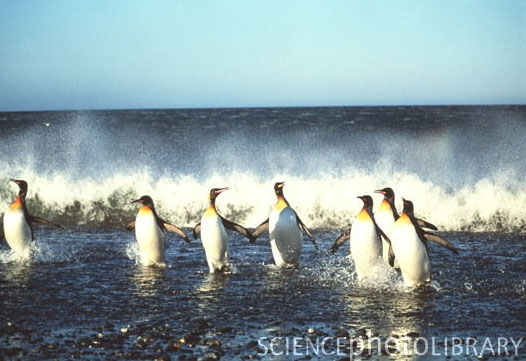
Observations are important but only part of a larger process. Observations usually lead to inferences. Inferences are how we interpret the observations we make. Observations themselves are just facts. Inferences take those facts and try to make sense of them by applying our past experiences or prior knowledge. You use your thinking ability instead of your senses to make inferences.
For example, you are asleep in bed, when early one morning you are awakened by a tremendous crash outside, followed by a flash of light. What are your observations? You heard a loud noise. You saw a flash of light.
Now, what is your inference? Most people would assume a thunderstorm. Maybe they'd assume it was raining outside. Both of these are inferences, because you did not see them directly - you are guessing. You are making logical guesses, but guesses nonetheless. Now, what if you look out your bedroom window and you see a car crumpled next to an electrical pole. You see sparks falling from the power transformer at the top of the pole. Now what is your inference? Inferences can change with new observations or facts.

Study the picture below. Using your notes, make three observations and two inferences about what you see in the picture.

Source: King Penguins, John Beatty, Science Photo Library